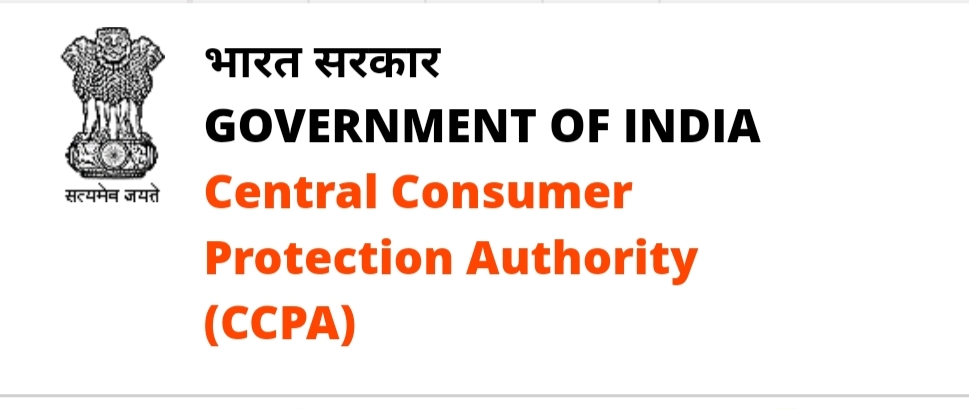In our previous article, while discussing about the concept called ‘dark patterns’, we had briefly touched upon the aspect of ‘misleading advertisements’. Pertinently, the Central Consumer Protection Authority (‘CCPA’) has recently released (by a notification dated November 13, 2024) the Guidelines for Prevention of Misleading Advertisements in Coaching Sector, 2024; weaved with the same concept of misleading advertisements.
The very purpose/idea of CCPA behind introduction of the Guidelines is to regulate the advertisements in the coaching sector in India. The CCPA has felt the need for a guideline with the central idea of ensuring no false or misleading advertisement by coaching institutes (and ultimately protection of consumer interest). The same comes from the point that the notification (by which the Guidelines were introduced) has an express mention of the CCPA observing instances of coaching institutes being engaged in deceptive/unfair trade practices, deliberately concealing important information and giving false guarantee. Therefore, CCPA intends to ensure that the coaching sector is not an unregulated playing ground.
I. Applicability:
An important aspect which is worth noting is the applicability of the Guidelines. Besides these Guidelines being applicable to advertisements in all forms, the applicability has been extended to an endorser who is engaged in the coaching sector. Therefore, the ones who would come under the umbrella of these Guidelines are not just the ones who make the advertisements in question, but also the ones who feature in such advertisements.
Therefore, the Guidelines are intended to cast responsibility to not just upon the coaching centers (more on this below); but also, upon an individual or a group or an institution making an endorsement in an advertisement whose opinion, belief, experience or finding (as the message) are featured in such advertisement.
I. Conditions for Misleading Advertisement:
The Guidelines list six acts which qualify as a misleading advertisement by a coaching center. However, before proceeding with these instances, it is pertinent to note that the Guidelines define a ‘Coaching center’ as a center for providing coaching to more than fifty students.
Following are certain conditions which shall qualify as a misleading advertisement by a coaching center:
a. Making false claims regarding courses offered, fees and faculty details, course exit policy,
b. False claims regarding the number of students selected, rank of the students, success rate.
c. Making false claims like guaranteed job selection, security of job, promotion, success at different stages of exam, a claim which ultimately makes a consumer believe that getting enrolled in coaching will result in good performance or marks.
d. False representation about the quality or standard of the services
e. Creation of false urgency, say depicting a false popularity of goods or services, which ultimately make a consumer take immediate action/enrolment.
f. Engagement in any other unfair trade practice or misleading advertisement.
II. Obligations of Persons Engaged in Coaching:
Apart from listing out what would constitute a misleading advertisement by a coaching center, the Guidelines casts obligations upon a person engaged in coaching. These obligations are-
a. When using a candidate’s photograph in an advertisement/claim, disclose important information like what rank was secured by such person, duration of the course such person is/was enrolled into.
b. When making advertisements, there should be proper display of important information and disclaimers. Additionally, the claim made in the advertisement and other important information must be of the same font.
c. Accurate representation of services, facility, resources and infrastructure in the coaching center.
d. Truthful representation should be done about the courses offered by the coaching centers and their recognition from competent authority.
e. Transparency should be maintained in making advertisements.
Apart from listing out the obligations (mentioned above), the Guidelines cast an express obligation upon a person engaged in coaching, more specifically in relation to the usage of name, photograph, testimonial /video of success of a candidature. It prohibits the usage of the name, photograph, testimonial or other videos of a successful candidate by a coaching institute without consent. This consent has to be taken subsequent to the selection.
III. Conclusion:
The introduction of Guidelines for Prevention of Misleading Advertisements in Coaching Sector, 2024 send out a message that the CCPA wants to ensure that the coaching sector in India does not remain an unregulated playing ground in terms of advertisements. Further, the Guidelines, by listing conditions, which shall constitute as misleading advertisements, and casting obligations w.r.t. making advertisements is a step towards protecting consumer interest and curbing unfair trade practices in the coaching sector in India.
Authors: Malabika Boruah & Tushar Gerewal

